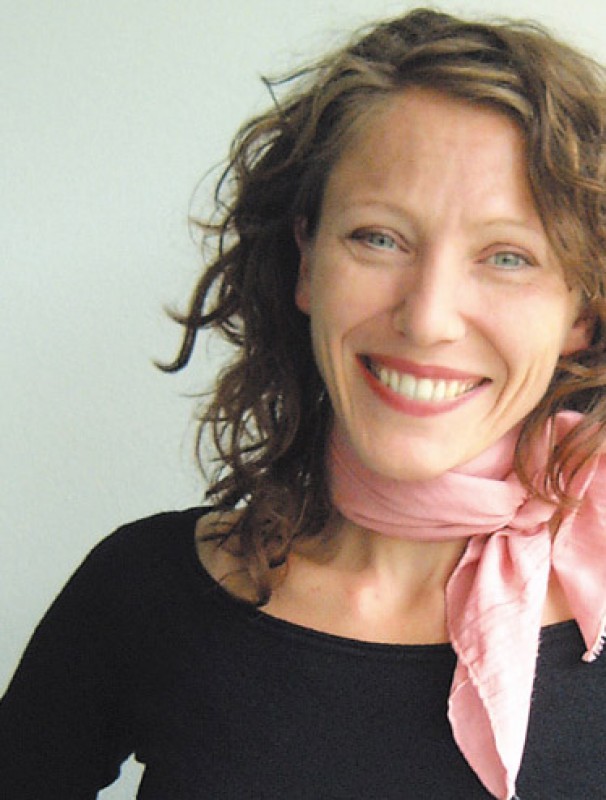KLI Colloquia are invited research talks of about an hour followed by 30 min discussion. The talks are held in English, open to the public, and offered in hybrid format.
Fall-Winter 2025-2026 KLI Colloquium Series
Join Zoom Meeting
https://us02web.zoom.us/j/5881861923?omn=85945744831
Meeting ID: 588 186 1923
25 Sept 2025 (Thurs) 3-4:30 PM CET
A Dynamic Canvas Model of Butterfly and Moth Color Patterns
Richard Gawne (Nevada State Museum)
14 Oct 2025 (Tues) 3-4:30 PM CET
Vienna, the Laboratory of Modernity
Richard Cockett (The Economist)
23 Oct 2025 (Thurs) 3-4:30 PM CET
How Darwinian is Darwinian Enough? The Case of Evolution and the Origins of Life
Ludo Schoenmakers (KLI)
6 Nov (Thurs) 3-4:30 PM CET
Common Knowledge Considered as Cause and Effect of Behavioral Modernity
Ronald Planer (University of Wollongong)
20 Nov (Thurs) 3-4:30 PM CET
Rates of Evolution, Time Scaling, and the Decoupling of Micro- and Macroevolution
Thomas Hansen (University of Oslo)
RESCHEDULED: 18 Dec (Thurs) 3-4:30 PM CET
Chance, Necessity, and the Evolution of Evolvability
Cristina Villegas (KLI)
8 Jan 2026 (Thurs) 3-4:30 PM CET
Embodied Rationality: Normative and Evolutionary Foundations
Enrico Petracca (KLI)
15 Jan 2026 (Thurs) 3-4:30 PM CET
On Experimental Models of Developmental Plasticity and Evolutionary Novelty
Patricia Beldade (Lisbon University)
29 Jan 2026 (Thurs) 3-4:30 PM CET
Jan Baedke (Ruhr University Bochum)
Event Details

Topic description:
There are plenty of interactions between development, epigenetic processes and evolution. This talk, presenting work in progress, will ask whether these interactions lead to the collapse of what can be called ‘channelism’: distinguishing different channels of inheritance, i.e. sub-systems of the sum total of developmental resources traveling between individual organisms and influencing development and evolution. The focus in the talk will be on distinguishing two such channels, namely biological inheritance (via reproduction) and cultural inheritance (via social learning). The talk will first introduce the distinction between reproduction and social learning as an age-old common sense distinction between two intergenerational processes forming two channels of inheritance. The talk will then defend this distinction philosophically, by pointing to three criteria that not only make the distinction more precise but also justify the distinction as ontologically adequate. These three criteria are: (a) near-decomposability, (b) temporal mode, (d) autonomy. I will then discuss why the latest developments in epigenetics, in particular ‘parental effects’ are not providing a challenge for the distinction between biological and cultural inheritance.
Biographical note:
Maria Kronfeldner is associate professor at the Central European University in Budapest. She works in philosophy of science, with a focus on where life sciences and social sciences meet. She has published widely in this area, with works on cultural evolution, creativity, causal explanation, essentialism, complexity, interdisciplinarity, and the nature-culture divide. She is currently working on a book manuscript that addresses the future of the concept of human nature. She is currently council member of the International Society for the History, Philosophy and Social Studies of Biology (ISHPSSB), has initiated and directed the German Network for Philosophy of the Life Sciences from 2011-2014 and is steering committee member of the CEU Science Studies Certificate Program. She held several visiting fellowships around the globe and from 2010-2014 she was Junior Professor at Bielefeld University. She earned her PhD at the University of Regensburg in 2006.


